

Premium 12mm Anchor Fastener for Strong & Secure Fixtures
Ago . 07, 2025 04:20 Back to list
Premium 12mm Anchor Fastener for Strong & Secure Fixtures
In the vast and complex world of industrial and structural engineering, the integrity of a structure often hinges on the reliability of its smallest components: fasteners. Among these, the **anchor fastener 12mm** stands out as a critical element for securing heavy loads and ensuring long-term stability. This in-depth guide explores the multifaceted aspects of 12mm anchor fasteners, from their fundamental design principles to their extensive applications, highlighting their pivotal role in modern construction and manufacturing.
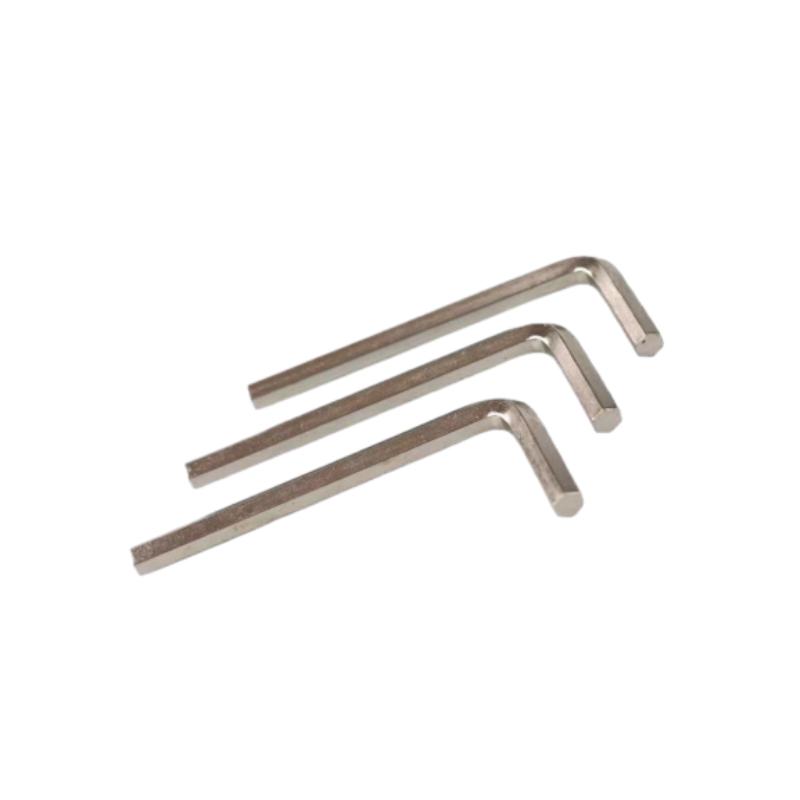
Navigating Industry Trends and Technological Advancements in Fastening
The global fastening industry is experiencing significant transformation, driven by demands for increased efficiency, durability, and sustainability. The focus is shifting towards advanced materials, smart manufacturing processes, and specialized solutions like **anchor fastener 12mm**. Automation in assembly lines, the rise of lightweighting in automotive sectors, and the growing emphasis on renewable energy infrastructure are shaping the demand for high-performance fasteners.
- Automotive Fasteners Evolution: The automotive sector, encompassing `auto fasteners`, `automotive clips and fasteners`, `automotive fasteners`, and `automotive plastic fasteners`, is a prime example. The transition to electric vehicles (EVs) and autonomous driving necessitates new fastener designs capable of handling unique stresses, vibrations, and thermal demands. While traditional metal fasteners remain crucial, there's an increasing adoption of specialized materials and designs, including lighter alloys and engineered plastics for weight reduction and improved fuel efficiency.
- Smart Fastening Solutions: Emerging trends include smart fasteners with embedded sensors for real-time monitoring of tension and vibration, crucial for predictive maintenance in critical infrastructure. The integration of IoT (Internet of Things) is making it possible to track fastener performance, ensuring optimal operational conditions and preventing catastrophic failures.
- Sustainable Practices: Environmental concerns are driving innovation in fastener materials and coatings, focusing on reduced environmental impact, recyclability, and enhanced corrosion resistance to extend service life and minimize waste. This directly impacts the longevity and performance expectations of products like the **anchor fastener 12mm**.
Market Insight: Fastener Industry Growth
According to a report by Grand View Research, the global industrial fasteners market size was valued at USD 86.6 billion in 2023 and is expected to grow at a compound annual growth rate (CAGR) of 4.5% from 2024 to 2030. This growth is largely attributable to the booming construction, automotive, and general manufacturing sectors, all of which heavily rely on robust fastening solutions like the **anchor fastener 12mm**.
Source: Grand View Research - Industrial Fasteners Market Size, Share & Trends Analysis Report.
Unpacking the Technical Parameters of Anchor Fastener 12mm
A **anchor fastener 12mm** refers to an anchor bolt or anchoring element with a nominal diameter of 12 millimeters. This specific dimension is crucial as it dictates the fastener's load-bearing capacity, compatibility with drilling equipment, and suitability for various applications. Understanding its technical parameters is paramount for engineers and procurement specialists.
Key Specifications and Performance Metrics
- Material Composition: Typically manufactured from high-grade carbon steel, stainless steel (e.g., A2/304, A4/316 for enhanced corrosion resistance), or specialized alloys. The material dictates the fastener's tensile strength, yield strength, and resistance to environmental factors. For instance, **anchor fastener 12mm** made from 316 stainless steel offers superior corrosion resistance in marine or chemical environments.
- Strength Grades: Fasteners are categorized by strength grades (e.g., Grade 8.8, 10.9, 12.9 for metric fasteners). A Grade 8.8 **anchor fastener 12mm** typically has a minimum tensile strength of 800 MPa and a yield strength of 640 MPa, making it suitable for high-strength structural applications.
- Thread Type: Metric coarse (M12) is standard, ensuring compatibility with standard nuts and tapped holes. Precision in thread rolling is vital for uniform load distribution and resistance to stripping.
- Length and Embedment Depth: Available in various lengths, influencing the embedment depth into the base material (concrete, masonry, rock). Proper embedment depth is critical for achieving the specified pull-out and shear capacities.
- Finish/Coating: Options include hot-dip galvanized for excellent corrosion protection, zinc plated for general indoor use, or specialized coatings for enhanced chemical resistance or aesthetic purposes.
Typical Parameters for a 12mm Mechanical Anchor Fastener
The following table provides generalized parameters. Specific values will vary based on anchor type (wedge, sleeve, drop-in, chemical) and manufacturer.
| Parameter | Typical Value (for M12 Wedge Anchor) | Unit | Notes |
|---|---|---|---|
| Nominal Diameter | 12 | mm | Bolt/rod diameter |
| Drill Hole Diameter | 12 | mm | Must match nominal diameter for proper expansion |
| Minimum Embedment Depth | 60 - 80 | mm | Varies by anchor type and base material strength |
| Recommended Torque | 40 - 60 | Nm | Crucial for achieving specified preload |
| Material Grade (Typical) | 8.8 Carbon Steel or A4-70 Stainless Steel | - | Dependent on application and environment |
| Tensile Strength (Carbon Steel 8.8) | ~800 | MPa | Minimum ultimate tensile strength |
| Yield Strength (Carbon Steel 8.8) | ~640 | MPa | Stress at which material begins to deform plastically |
| Ultimate Pull-out Load (C20/25 Concrete) | ~25 - 35 | kN | Varies significantly with embedment depth and concrete strength |
| Ultimate Shear Load (C20/25 Concrete) | ~15 - 25 | kN | Varies significantly with embedment depth and concrete strength |
| Service Life | 20-50+ | Years | Dependent on material, environment, and proper installation |
Ensuring the proper installation of an **anchor fastener 12mm** often requires specialized tools like high-quality hexagon keys, essential for precise torque application. For a range of durable and accurate tools, explore our selection of Hexagon Keys.
Comprehensive Manufacturing Process for Anchor Fastener 12mm
The production of a high-quality **anchor fastener 12mm** involves a meticulous multi-stage manufacturing process, ensuring precision, durability, and adherence to stringent international standards such as ISO and ANSI. This process often incorporates advanced techniques like cold forging, heat treatment, and precise machining.
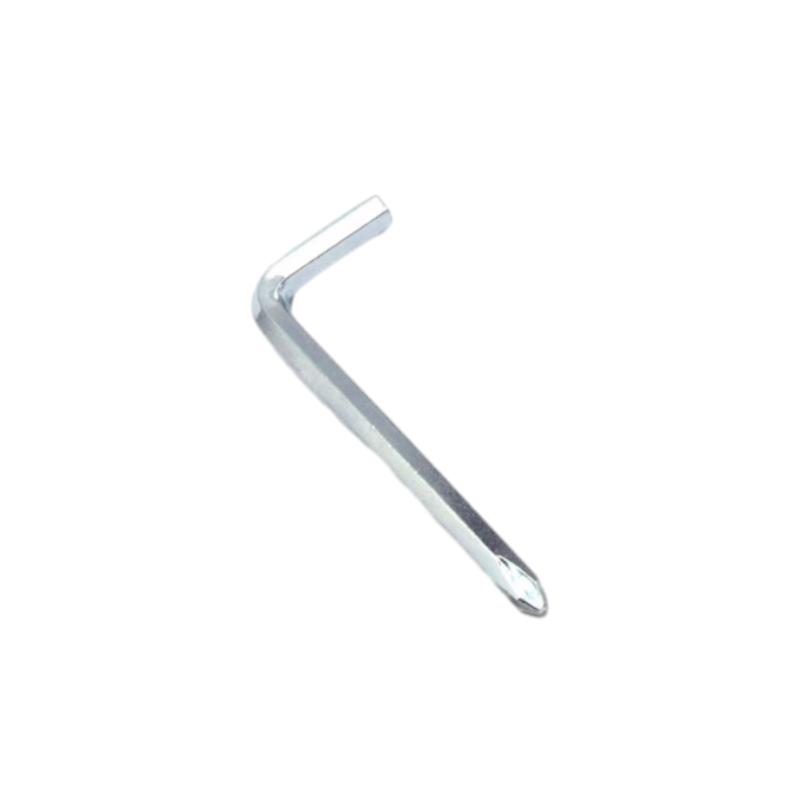
Detailed Manufacturing Stages:
-
Raw Material Selection and Preparation:
- Material: The journey begins with selecting high-grade steel wire rods or bars (e.g., carbon steel grades like 10B21, 40Cr, or stainless steel grades like 304, 316). The choice of material is critical, determining the final strength, corrosion resistance, and ductility of the **anchor fastener 12mm**.
- Preparation: Raw materials undergo surface cleaning (pickling) and coating (lubrication) to prepare them for subsequent forming processes.
-
Cold Forging (Cold Heading):
- Process: This is the primary forming method for most anchor fasteners. Steel wire is fed into a cold heading machine, which uses a series of dies and punches to form the head and sometimes a portion of the body (e.g., the expansion sleeve or specialized anchor geometry) at room temperature.
- Advantages: Cold forging significantly improves the material's mechanical properties by refining its grain structure, increasing tensile strength, fatigue resistance, and overall hardness without inducing material loss. This is crucial for the high-performance demands of an **anchor fastener 12mm**.
- Key Node: Formation of the head and initial body shape.
-
Thread Rolling:
- Process: After cold heading, the unthreaded part of the shank is rolled between two dies (flat or cylindrical) that impress the thread profile onto the surface. This process displaces material rather than cutting it.
- Advantages: Thread rolling creates stronger threads compared to cutting, as it doesn't interrupt the material's grain flow. This enhances the thread's fatigue strength and resistance to stripping, which is vital for maintaining the clamping force of an **anchor fastener 12mm**.
- Key Node: Creation of robust, strong threads.
-
Heat Treatment (Hardening and Tempering):
- Process: Fasteners are heated to a specific temperature (quenching) and then rapidly cooled to harden the steel. Following this, they undergo tempering, where they are reheated to a lower temperature and slowly cooled.
- Purpose: Heat treatment optimizes the mechanical properties, providing the required hardness, ductility, and strength (e.g., achieving Grade 8.8 properties for a carbon steel **anchor fastener 12mm**).
- Key Node: Attainment of target mechanical strength and hardness.
-
Surface Finishing/Coating:
- Process: Fasteners are subjected to various surface treatments, such as zinc plating (electrolytic or mechanical), hot-dip galvanizing, or specialized organic/inorganic coatings.
- Purpose: These coatings provide corrosion resistance, enhance appearance, and sometimes offer lubricity for easier installation. The choice of coating significantly impacts the service life, especially in harsh environments (e.g., marine, chemical). Hot-dip galvanizing is preferred for long-term outdoor exposure.
- Key Node: Application of protective layer.
-
Assembly (for multi-component anchors):
- Process: For anchor types like wedge anchors or sleeve anchors, the various components (stud, wedge clip, sleeve, nut, washer) are assembled.
- Quality Control: During assembly, checks are made to ensure components fit correctly and function as intended.
- Key Node: Integration of components for a complete anchor system.
-
Quality Control and Inspection:
- Standards: Throughout the entire process, rigorous quality control checks are performed at each stage, adhering to international standards such as ISO 9001 for quality management systems, and product-specific standards like ANSI/ASME B18.2.1 for dimensional accuracy, or ASTM F1554 for anchor bolts.
- Tests: This includes dimensional inspection (using calipers, micrometers, optical comparators), mechanical property testing (tensile strength, yield strength, hardness, proof load), metallurgical analysis, coating thickness measurement, and destructive/non-destructive testing (NDT) such as eddy current testing or magnetic particle inspection for internal flaws.
- Certifications: Manufacturers often provide material certificates and test reports, confirming compliance with specified standards.
- Key Node: Final verification of product specifications and performance.
-
Packaging and Dispatch:
- Process: Finished **anchor fastener 12mm** units are packaged to prevent damage during transit and clearly labeled with product information.
- Traceability: Batch numbers and manufacturing dates are recorded for full traceability.
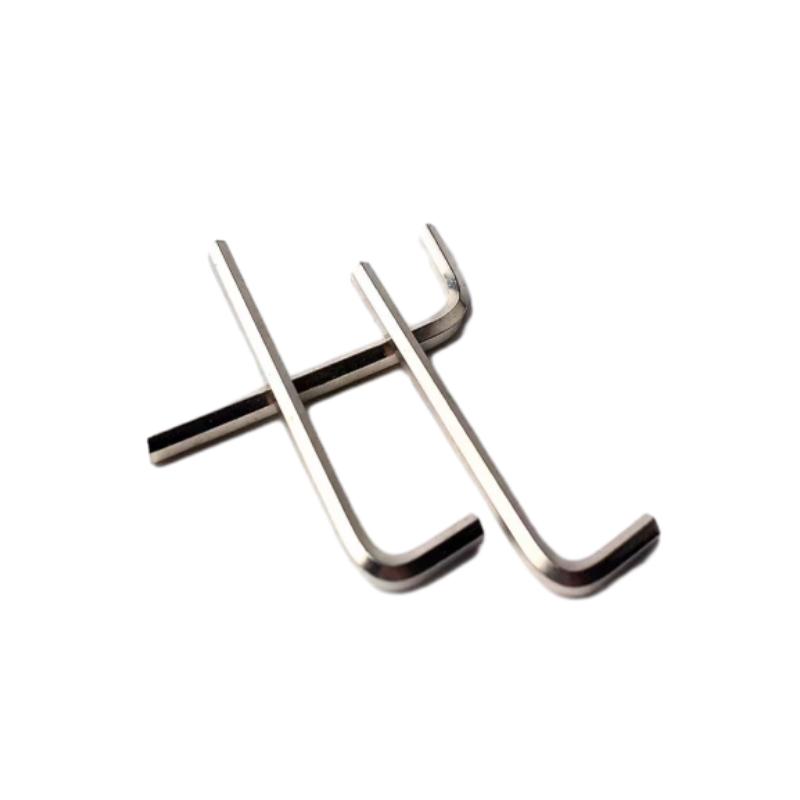
Diverse Application Scenarios and Technical Advantages
The versatility and robust nature of the **anchor fastener 12mm** make it indispensable across a multitude of industries. Its ability to provide secure, high-strength connections to concrete, masonry, and even rock formations underscores its critical role in modern infrastructure and heavy-duty applications.
Typical Application Industries:
- Construction and Infrastructure: This is the primary domain. **Anchor fastener 12mm** is used for securing structural steel elements, curtain walls, heavy machinery bases, safety barriers, pipe supports, and precast concrete components in commercial buildings, bridges, tunnels, and dams. Its reliability is paramount for ensuring structural integrity.
- Petrochemical Industry: In challenging environments exposed to chemicals, extreme temperatures, and corrosive elements, specialized **anchor fastener 12mm** (often in stainless steel A4/316 or exotic alloys) are used for anchoring pipelines, scaffolding, heavy equipment, and storage tanks. Their corrosion resistance is vital for preventing catastrophic failures and ensuring long-term operational safety.
- Metallurgy and Heavy Industry: Used in steel mills, foundries, and heavy manufacturing plants to anchor presses, furnaces, conveyor systems, and other large machinery that exert significant forces and vibrations. The high tensile and shear strength of a 12mm anchor is essential here.
- Water Supply and Drainage Systems: For securing large-diameter pipes, pumps, valves, and treatment plant components. Fasteners must withstand moisture, chemical exposure from treated water, and potentially aggressive soil conditions.
- Renewable Energy: Critical for securing solar panel arrays to rooftops or ground mounts, and anchoring components of wind turbines and hydropower installations. The fasteners must endure environmental stresses like wind load, temperature fluctuations, and moisture for decades.
- Mechanical and Electrical Installations: Used to secure cable trays, conduits, control panels, heavy lighting fixtures, and HVAC units to concrete slabs or walls.
- Marine and Coastal Applications: Where saltwater corrosion is a major concern, special corrosion-resistant **anchor fastener 12mm** are used for docks, piers, offshore platforms, and coastal erosion control structures.
Advantages in Typical Application Scenarios:
- Energy Efficiency: While not directly "energy-saving" in operation, a well-anchored system (e.g., a properly secured building envelope or HVAC system) prevents structural movement that could lead to air leaks or energy losses. The long service life of a high-quality **anchor fastener 12mm** reduces the need for frequent replacements, saving resources and the energy associated with manufacturing new components.
- Corrosion Resistance: Especially for stainless steel or hot-dip galvanized versions, the **anchor fastener 12mm** excels in corrosive environments (e.g., coastal areas, chemical plants, wastewater treatment facilities). This superior resistance prevents premature failure, reducing maintenance costs and ensuring safety over decades, even in highly aggressive atmospheric conditions or submerged applications.
- Load-Bearing Capacity: Due to its 12mm diameter and high-strength material grades (e.g., Grade 8.8 or 10.9), it offers substantial pull-out and shear resistance, making it suitable for anchoring heavy machinery, structural beams, and critical safety equipment. This robustness directly contributes to the stability and safety of the overall structure.
- Vibration Resistance: When installed correctly and potentially paired with appropriate locking mechanisms, **anchor fastener 12mm** can provide excellent resistance to dynamic loads and vibrations, common in machinery installations or seismic zones.
- Longevity and Reliability: Manufactured under strict quality controls and from durable materials, these fasteners are designed for long service lives, often matching the lifespan of the structures they support, minimizing the total cost of ownership.
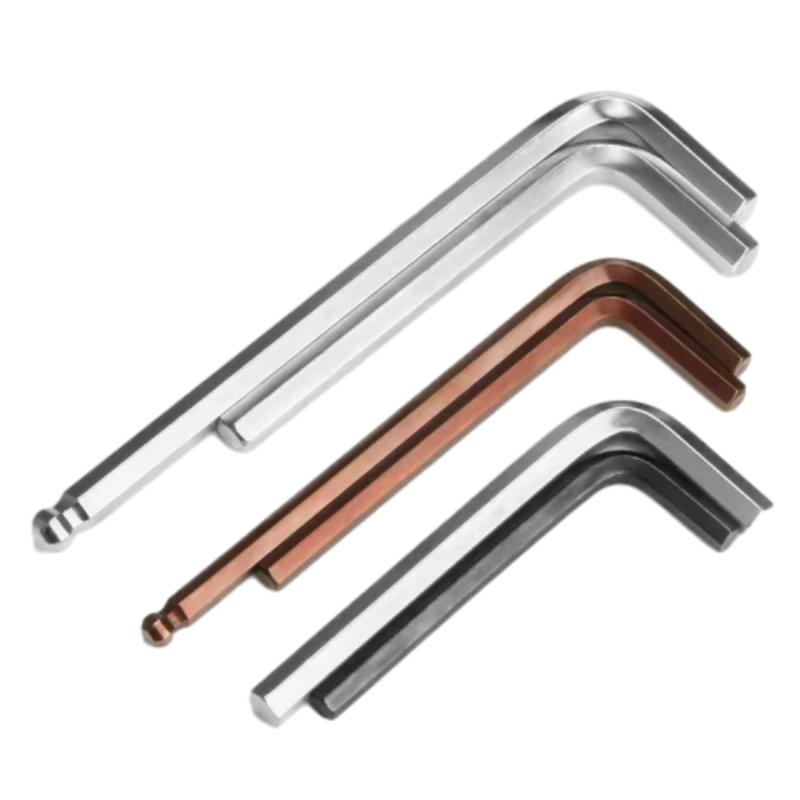
Selecting the Right Partner: Manufacturer Comparison and Custom Solutions
Choosing the right supplier for **anchor fastener 12mm** is as crucial as selecting the fastener itself. A reputable manufacturer offers not just a product, but also expertise, quality assurance, and tailored solutions. We adhere to the highest standards, ensuring optimal performance and customer satisfaction.
Key Factors for Manufacturer Comparison:
- Certifications and Standards Compliance: Look for manufacturers with ISO 9001 (Quality Management System) certification. Product-specific certifications (e.g., CE marking for European markets, ICC-ES for North America) demonstrate adherence to specific performance and safety standards for **anchor fastener 12mm**. Our products meet or exceed relevant ISO, ANSI, and ASTM standards.
- Material Traceability: A reliable manufacturer provides full traceability of raw materials, ensuring that the **anchor fastener 12mm** is made from specified alloys with documented properties.
- Testing and Quality Control: Inquire about their in-house testing capabilities (tensile, shear, fatigue, corrosion) and independent third-party verification. Robust quality control procedures are non-negotiable.
- R&D and Innovation: Leading manufacturers invest in research and development to improve fastener performance, explore new materials, and develop innovative installation techniques.
- Customization Capabilities: The ability to provide customized **anchor fastener 12mm** solutions for unique project requirements (e.g., specific lengths, materials, coatings, or geometries) is a significant advantage.
- Lead Times and Supply Chain Reliability: Timely delivery is critical for project schedules. Assess their production capacity and supply chain resilience.
- Customer Support and Technical Assistance: A good partner offers strong pre-sales consultation and post-sales technical support, including installation guidance and troubleshooting.
Our Commitment to Custom Solutions:
At LZ Fasteners, we understand that standard solutions do not always fit unique engineering challenges. We specialize in providing customized **anchor fastener 12mm** solutions tailored to your project's precise specifications. Our engineering team works closely with clients from concept to delivery, ensuring every fastener meets the most demanding performance criteria.
- Design Consultation: We offer expert consultation on material selection, coating options, and design modifications to optimize the **anchor fastener 12mm** for specific load requirements, environmental conditions, and installation methods.
- Prototyping and Testing: For complex projects, we can develop prototypes and conduct extensive testing to validate performance before full-scale production.
- Small to Large Batch Production: Equipped with flexible manufacturing capabilities, we can handle orders ranging from small, highly specialized batches to large-volume production runs.
- Material Specialization: Beyond standard carbon and stainless steels, we can source and manufacture **anchor fastener 12mm** from exotic alloys for extreme conditions, such as high-temperature environments or highly corrosive chemical exposures.
- Specialized Coatings: We provide a wide range of coatings, including fluoropolymer coatings, ceramic coatings, and specialized zinc-nickel alloys, offering enhanced protection beyond conventional options.
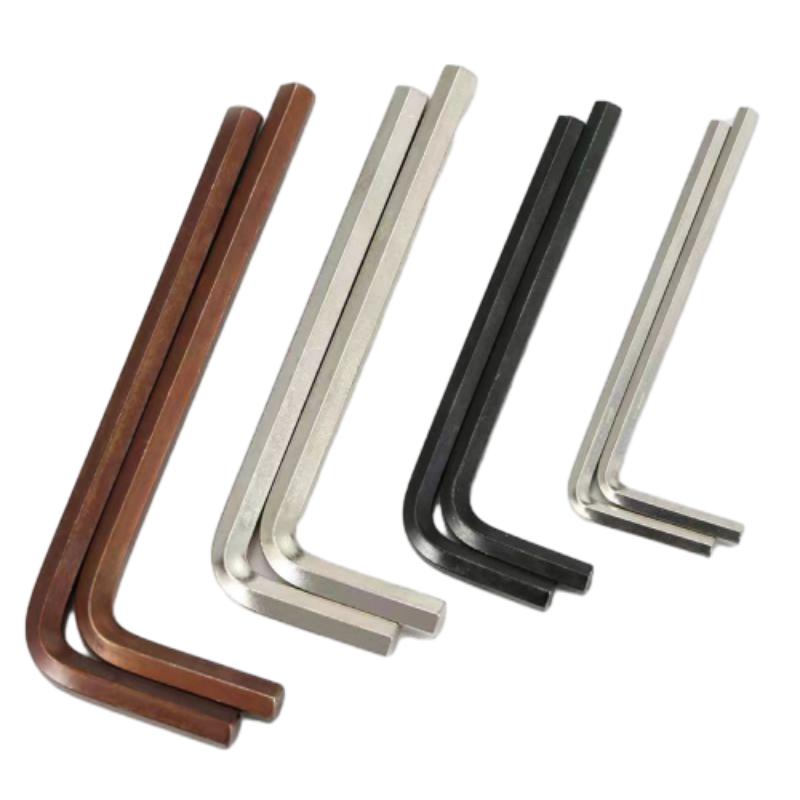
Real-World Application Cases and Customer Success
The true measure of an **anchor fastener 12mm** lies in its performance in demanding real-world applications. Our fasteners have been deployed in countless projects globally, demonstrating superior reliability and contributing to the success of diverse engineering feats.
Case Study 1: High-Rise Building Construction (Urban Center)
Challenge: Secure large precast concrete panels and structural steel elements to a reinforced concrete core in a high-seismic zone for a 60-story building. The project required fasteners with predictable load transfer capabilities and excellent fatigue resistance.
Solution: Over 100,000 units of customized anchor fastener 12mm (Grade 10.9, hot-dip galvanized) were supplied. These anchors were specifically designed with enhanced thread engagement and a longer embedment depth to withstand significant dynamic loads and seismic events. Each batch was rigorously tested to ASTM F1554 standards, with additional cyclic loading tests performed to simulate seismic activity.
Outcome: The project was completed on schedule, with post-installation inspections confirming the integrity and stability of all anchored components. Our technical support team provided on-site training for installation personnel, ensuring adherence to specified torque values. The building has successfully withstood minor seismic tremors since completion, a testament to the fastener's reliability.
Case Study 2: Offshore Oil & Gas Platform (Corrosive Marine Environment)
Challenge: Anchor critical pipeline supports and safety railing systems to an existing concrete deck on an offshore platform, constantly exposed to saltwater spray, high humidity, and extreme winds. Conventional carbon steel fasteners showed rapid degradation.
Solution: We provided A4/316 stainless steel anchor fastener 12mm with a specialized passive oxide layer and additional fluoropolymer coating for enhanced corrosion resistance. These fasteners were chosen for their superior resistance to chloride-induced stress corrosion cracking.
Outcome: After five years in service, a routine inspection revealed minimal signs of corrosion or degradation on the installed fasteners, significantly outperforming previous installations. The client reported substantial savings in maintenance and replacement costs, highlighting the long-term value of investing in premium, application-specific fasteners.
Customer Feedback:
"The **anchor fastener 12mm** supplied by LZ Fasteners for our bridge expansion joint project performed flawlessly. Their engineering team's support was invaluable in selecting the right material and ensuring timely delivery. We highly recommend their products for critical infrastructure."
— Project Manager, Large Civil Engineering Firm
"For our new chemical processing facility, corrosion resistance was paramount. The stainless steel anchor fastener 12mm from LZ Fasteners has exceeded our expectations, showing no signs of degradation even in harsh chemical exposure. A truly reliable partner."
— Procurement Head, Petrochemical Company
Trust and Reliability: Our Commitment to You
At LZ Fasteners, trust is the cornerstone of our operations. We stand by the quality of every **anchor fastener 12mm** we produce, ensuring transparency, reliability, and unparalleled customer support throughout your project lifecycle.
Quality Assurance and Certifications:
- ISO 9001:2015 Certified: Our quality management system is certified to ISO 9001:2015, ensuring consistent product quality, continuous improvement, and customer satisfaction.
- Adherence to International Standards: All our fasteners, including the **anchor fastener 12mm**, are manufactured in strict compliance with relevant ASTM, ANSI, DIN, and EN standards. We provide material certifications and test reports upon request.
- Strategic Partnerships: We collaborate with leading raw material suppliers and have established long-term relationships with reputable testing laboratories to validate our product performance independently.
- Service Longevity: With over two decades of experience in the fastener industry, we have a proven track record of delivering high-quality, reliable solutions to global markets.
Delivery and Logistics:
We understand the importance of timely delivery for your project schedules. Our robust supply chain and efficient logistics network ensure that your **anchor fastener 12mm** orders are processed and shipped promptly.
- Standard Lead Time: Typically 3-5 weeks for standard products, depending on order volume and material availability.
- Expedited Options: Expedited manufacturing and shipping options are available for urgent requirements. Please contact our sales team for details.
- Global Shipping: We offer reliable shipping services worldwide, with experience in navigating international customs and logistics.
Warranty and Customer Support:
- Product Warranty: We offer a comprehensive warranty against manufacturing defects and material failures, reflecting our confidence in the durability and performance of our **anchor fastener 12mm**. Specific warranty terms are provided with each quotation.
- Dedicated Support Team: Our experienced customer support and technical teams are available to assist you with product selection, technical specifications, installation guidance, and any post-purchase inquiries.
- After-Sales Service: We are committed to providing exceptional after-sales support, ensuring complete satisfaction and long-term partnerships.
Professional FAQ: Your Anchor Fastener 12mm Queries Answered
- What is the primary difference between a mechanical anchor fastener and a chemical anchor fastener?
- A mechanical **anchor fastener 12mm** relies on friction, keying, or mechanical interlock to develop its bond with the base material (e.g., wedge anchors, sleeve anchors). A chemical anchor, conversely, uses an adhesive resin (typically epoxy, polyester, or vinylester) injected into the drill hole, which then cures around a threaded rod or rebar, forming a strong chemical bond. Chemical anchors often provide higher ultimate loads and are excellent in dynamic load applications or cracked concrete.
- What does "12mm" in **anchor fastener 12mm** signify?
- The "12mm" refers to the nominal diameter of the anchor bolt or the drill hole required for the anchor's installation. This dimension is crucial for compatibility with other components (e.g., washers, nuts) and for determining the anchor's design load capacity. It means you will typically need a 12mm drill bit to prepare the hole.
- Why is proper torque application crucial for installing an **anchor fastener 12mm**?
- For mechanical anchors, applying the correct torque during installation is critical to achieve the specified expansion or setting of the anchor. Insufficient torque can lead to low preload and reduced load capacity, while excessive torque can overstress the anchor or damage the base material, both compromising the connection's integrity. Manufacturers provide recommended torque values for each **anchor fastener 12mm** type.
- Can **anchor fastener 12mm** be used in cracked concrete?
- Some types of **anchor fastener 12mm** are specifically designed and tested for use in cracked concrete, while others are not. It's crucial to select an anchor that is approved for cracked concrete applications (often indicated by a specific ETA or ICC-ES approval) if the concrete is expected to crack under service loads (e.g., due to bending or thermal stress). Chemical anchors and certain specialized mechanical anchors are often suitable for cracked concrete.
- What is the typical service life of an **anchor fastener 12mm** in a corrosive environment?
- The service life is highly dependent on the material grade and coating. A standard zinc-plated carbon steel **anchor fastener 12mm** might last only a few years in a highly corrosive outdoor or chemical environment. However, an A4/316 stainless steel or hot-dip galvanized **anchor fastener 12mm** can provide a service life of 20-50+ years, matching or exceeding the lifespan of the structure itself, provided it's specified correctly for the environmental conditions.
- How do `blind fasteners` and `brad fasteners` relate to **anchor fastener 12mm**?
- While **anchor fastener 12mm** are typically heavy-duty, through-hole fasteners for concrete/masonry, `blind fasteners` and `brad fasteners` are distinct categories. `Blind fasteners` (like rivets) are installed from one side when the other side is inaccessible. `Brad fasteners` are small, thin fasteners (like brad nails) used primarily for light-duty woodworking or decorative applications, not for structural anchoring. They operate on entirely different principles and load capacities compared to a robust **anchor fastener 12mm**.
- What are the key inspection standards for **anchor fastener 12mm**?
- Key inspection standards include ISO (International Organization for Standardization), ANSI (American National Standards Institute), ASTM (American Society for Testing and Materials), and DIN (Deutsches Institut für Normung). For instance, ISO 898-1 specifies mechanical properties of fasteners, ANSI/ASME B18.2.1 covers dimensional standards for square and hex bolts and screws, and ASTM F1554 is specifically for anchor bolts. Adherence to these standards ensures the fastener meets specified performance and quality criteria.
References and Further Reading:
- Grand View Research. (2023). Industrial Fasteners Market Size, Share & Trends Analysis Report By Material, By Product, By Application, By End-use, By Region, And Segment Forecasts, 2024 - 2030. Retrieved from https://www.grandviewresearch.com/industry-analysis/industrial-fasteners-market
- ACI Committee 318. (2019). Building Code Requirements for Structural Concrete (ACI 318-19) and Commentary (ACI 318R-19). American Concrete Institute. (Relevant for anchor design and application principles).
- ASTM International. (Ongoing). Various standards including ASTM F1554 (Standard Specification for Anchor Bolts, Steel, 36, 55, and 105-ksi Yield Strength), ASTM A193 (Standard Specification for Alloy-Steel and Stainless Steel Bolting for High Temperature or High Pressure Service and Other Special Purpose Applications).
- The Fastener Technology International. (Industry periodical with articles on trends and manufacturing processes).
- Hilti. (Regularly publishes technical guides on fastening technology, anchor selection, and installation).
Latest news
-
High-Strength Hot Dip Galvanized Bolts - LongZe | Corrosion Resistance, Industrial Applications
NewsAug.07,2025
-
Premium 12mm Anchor Fastener for Strong & Secure Fixtures
NewsAug.07,2025
-
Hot Dip Galvanized Bolts - LongZe | Corrosion Resistance, High Strength
NewsAug.07,2025
-
High-Strength Hot Dip Galvanized Bolts - LongZe | Corrosion Resistance, Customization
NewsAug.06,2025
-
High-Strength Hot Dip Galvanized Bolts - LongZe Metal Products | Corrosion Resistance, Customization
NewsAug.06,2025
-
Hot Dip Galvanized Bolts - Hebei Longze | Corrosion Resistance, High Strength
NewsAug.06,2025

